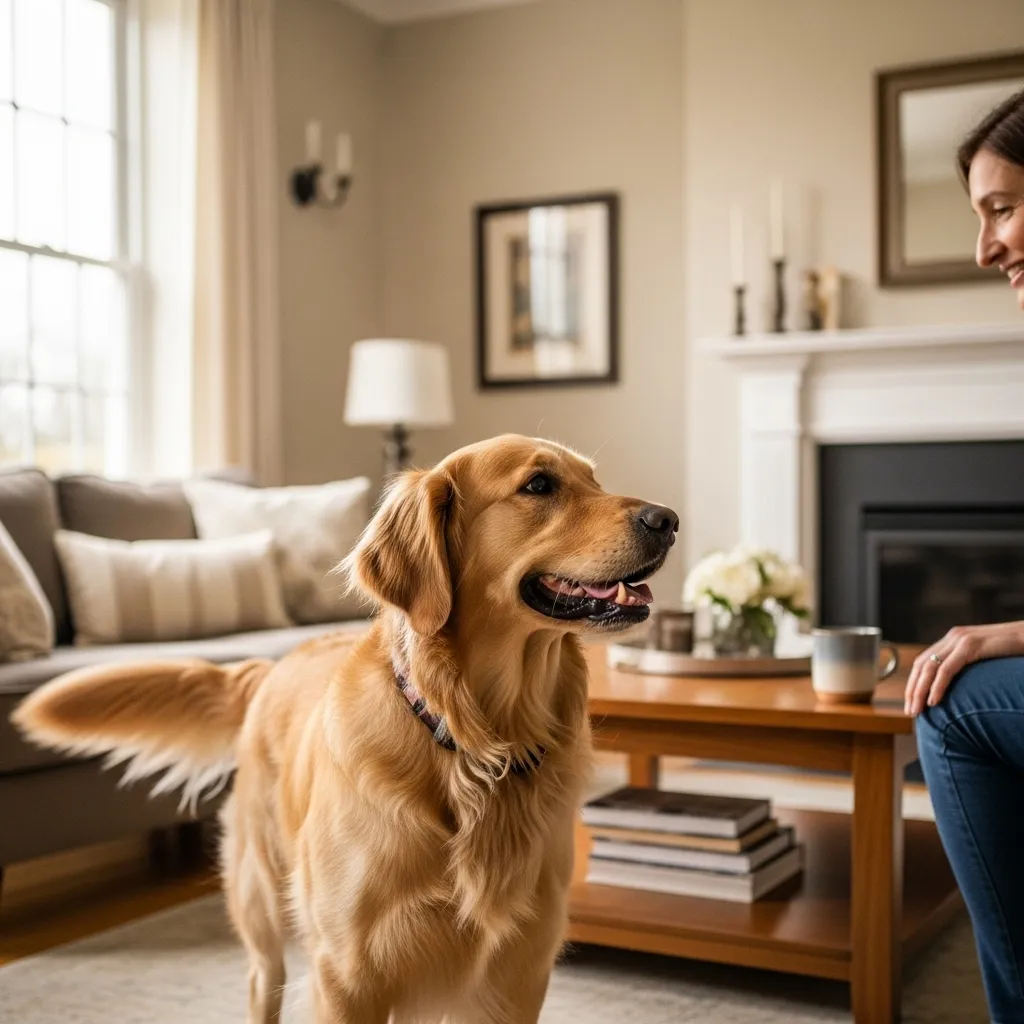
A Furry Antidote: The Mental and Emotional Perks of Companionship
As we age, life changes such as retirement, children moving away, or the loss of a spouse can sometimes lead to feelings of loneliness and social isolation. This is where the therapeutic benefits of pets, especially dogs, truly shine. A dog provides a constant, non-judgmental presence that can profoundly improve mental health in seniors, acting as a furry antidote to the quiet moments that can feel overwhelming.
The primary benefit is simple, unconditional companionship. A dog is always there. They are a warm presence in the room, a reason to get out of bed in the morning, and a listening ear that never offers unsolicited advice. This consistent companionship helps to stave off the detrimental health effects of loneliness, which studies have linked to an increased risk of depression, cognitive decline, and even heart disease. Having a living being to care for provides a deep sense of purpose and routine, which is crucial for mental well-being at any age.
Scientifically, the bond we feel with our dogs is more than just a feeling; it’s a biological process. When you interact with a friendly dog—petting them, looking into their eyes, or speaking to them in a soft tone—your brain releases oxytocin. Often called the “love hormone” or “bonding hormone,” oxytocin is the same chemical that helps bond mothers to their babies. It fosters feelings of trust, empathy, and connection, while simultaneously reducing anxiety and stress. This chemical reaction is a core reason why dog ownership feels so good. It’s a natural mood booster built right into the relationship.
Furthermore, dogs are social catalysts. Taking a dog for a walk naturally leads to more interactions with neighbors and other people in your community. A simple “What a cute dog!” can be the start of a new conversation or friendship. Dog parks, training classes, and even trips to the pet supply store become opportunities for social engagement, helping to rebuild the casual social networks that may have diminished over time. This gentle nudge back into community life is invaluable.
The structure a dog brings to daily life is another powerful mental health tool. Their needs—for food, water, walks, and playtime—create a predictable schedule. This routine can be incredibly grounding, especially during times of transition like retirement. It provides a clear framework for the day, preventing the feeling of aimlessness that can sometimes accompany newfound freedom from a career. Knowing that another being depends on you is a powerful motivator to maintain your own health and daily rhythms.














